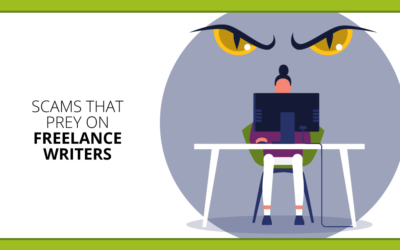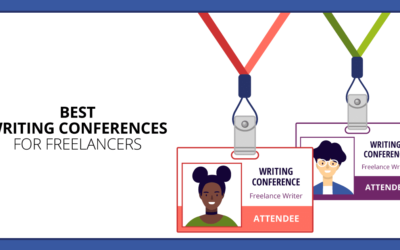
How do you react when someone tells you “no”? The answer might be the key to building a successful freelance writing career.
Whether you’re an aspiring freelancer, a veteran, or somewhere in between, you’re going to deal with rejection. And hearing “no” when you’ve put in the time, research, and effort to construct the perfect query can be devastating.
What do you do?
If you’re going to be a successful freelance writer, you have only one choice – learn to hear that “no” and use it to become a better freelance writer. Here’s how:
Two mindsets
In her book Mindset, Dr. Carol Dweck explains why some people are devastated by rejection and others aren’t. The key to turning “no” into a positive is your mindset.
According to Dr. Dweck, there are two types of mindsets.
First, there is the fixed mindset.
A person with this mindset believes intelligence is fixed and can’t be increased. A “no” or negative response devastates someone with a fixed mindset, leaving them feeling powerless.
It’s hard to imagine how a freelance writer with a fixed mindset could be successful. After all, if such a person heard “no” from a potentially decent-paying client, they would play it safe and scurry back to their low-paying gigs – or give up on freelancing altogether.
The second type of mindset is growth-oriented.
When this type of person hears “no,” they see it as a learning opportunity, not as a failure. Such a person is more willing to take a risk because their ego and self-respect are not on the line with each query.
It’s easy to see how a freelance writer with this attitude will ultimately be successful. They will constantly be trying to stretch their skill level and striving to get into those higher paying markets. When this type of freelance writer hears “no,” their response will be “What can I do better? How can I make it work next time?”
Using rejection to succeed
A few months back, I received a significant check for an article I wrote for a magazine. And I was really proud of it.
You see, I had multiple queries rejected by the editor of this magazine.
Fortunately, when rejecting me, the editor sent along his thoughts. It was as if he was encouraging me to have a growth-oriented mindset. So I didn’t take the rejections personally or let them knock me down.
Ultimately, I learned what he was looking for, and I was able to come up with a story that worked for him and the magazine.
Writers who don’t yet have a growth-oriented mindset need not fear. You can learn how to move past a “no” and use your rejections to become a better freelancer.
At first, it may be hard. Try setting that rejection letter aside for a day or two, then come back to it after you’ve moved past your emotional response. Did the editor give you feedback to make the next pitch better? Can you see what you might do next time to make that pitch a better fit?
As Dr. Dweck says, “Those with a growth-oriented mindset will take on the challenge wholeheartedly, learn from their setbacks and try again, or hear the criticism and act on it.” This is certainly a recipe for success for freelancers.
How do you deal with hearing “no”? Leave a comment and tell us your strategy.
Larry Bernstein is a freelance writer whose areas of focus include education, family, and architecture.









